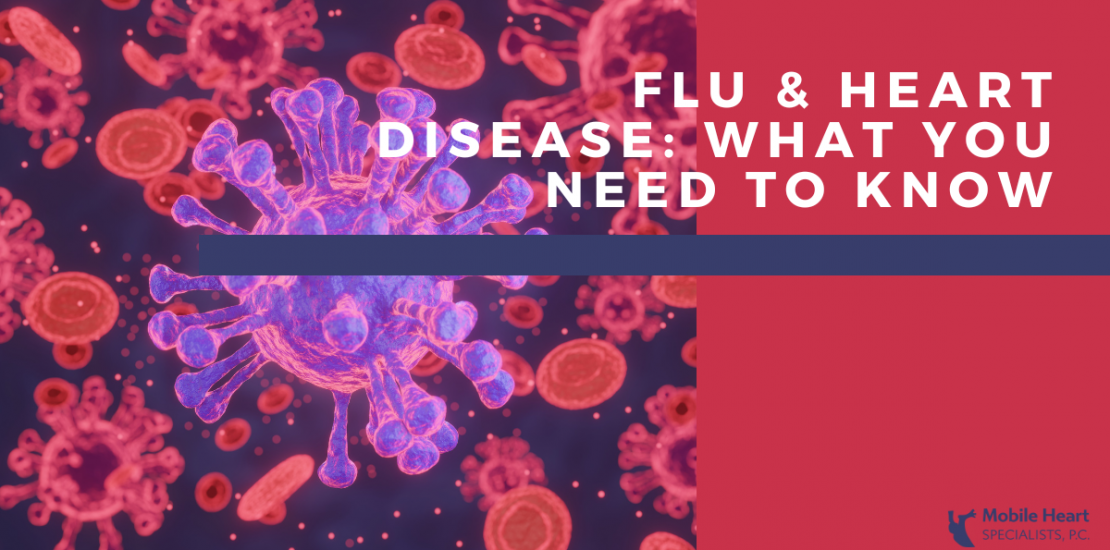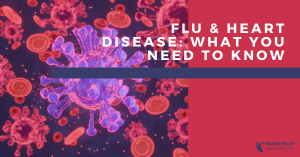- December 12, 2023
- Posted by: sabrina@salexanderconsulting.com
- Category: Uncategorized

It’s that time of year again … flu season! No matter your age, the flu can be a life-threatening virus, especially if you have heart disease.
How the Flu Affects Your Heart
According to the American Heart Association, “During recent flu seasons, about half of all adults hospitalized for the flu also had heart disease.” This is due in large part to the stress the flu puts on your body, which can lead to a heightened heart rate and blood pressure, as well as decreased heart function. And while the flu can strongly affect anyone with heart disease, the risks are even greater for those ages 65 and up.
Flu Prevention & Vaccination
The main method of preventing yourself from getting or becoming seriously ill from the flu is to get vaccinated. The CDC recommends a yearly flu vaccine for anyone six months or older, especially for those who are at high risk, like people with heart disease, young children, pregnant people and people 65 or older. While the flu vaccine won’t guarantee that you will not contract the flu, it will decrease the severity of your symptoms and likelihood of hospitalization or death. Find a flu vaccine near you here.
Along with vaccination, here are a few everyday preventive actions to reduce your risk:
- Avoid close contact with people who are sick
- Cover coughs and sneezes
- Wash your hands with soap and water
- Avoid touching your eyes, nose and mouth
- Use air purifiers or open windows when inviting people to your home, especially during the holiday season
I Have the Flu. Now What?
First, of course, we recommend contacting your general practitioner or other trusted physician. Then, try and rest as much as possible. When you’re not resting, recommend drinking plenty of water, eating foods that are rich in zinc, taking hot showers to clear your sinuses, and eating simple, non-greasy foods. In some cases, doctors may also prescribe antiviral medications to improve symptoms.

